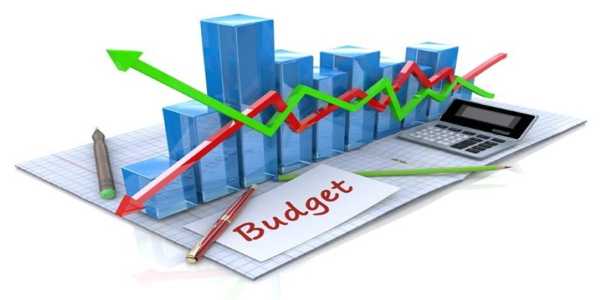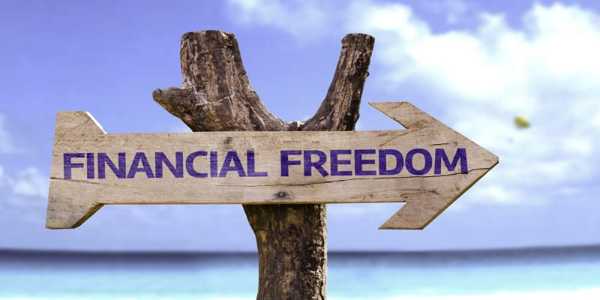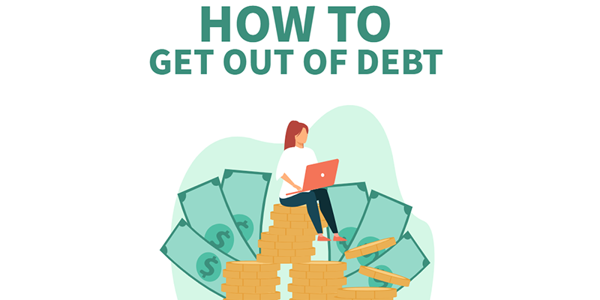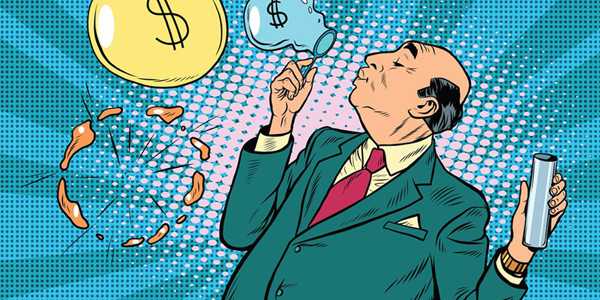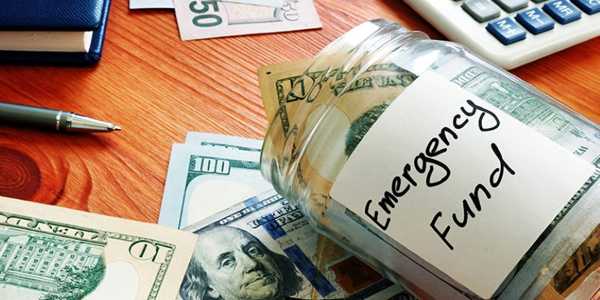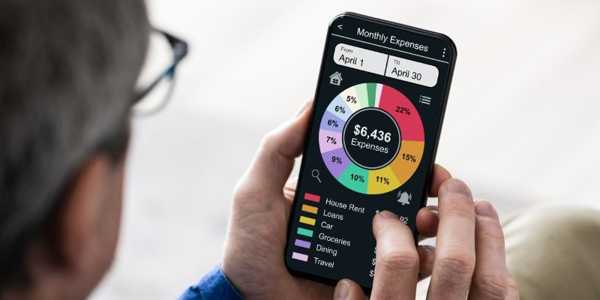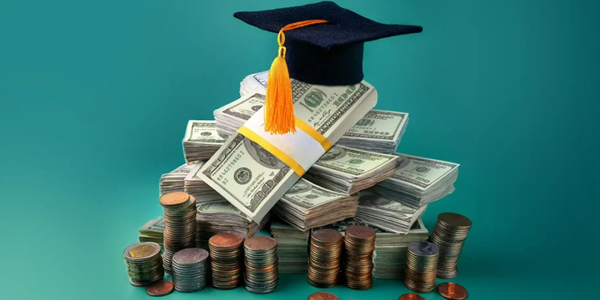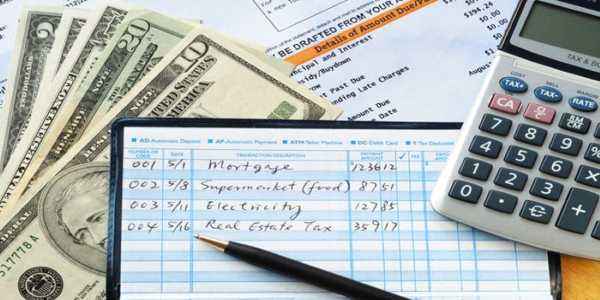Does Paying Off Debt Early Affect Credit Score? Here's What You Should Know
Ever felt tempted to wipe out a loan early to get it off your plate? Maybe you've finally saved enough to clear that auto loan, or you're considering fast-tracking your student loan payments. It sounds responsible—and it usually is. But here's something many people don't expect: paying off debt ahead of schedule can have both sound and not-so-good effects on your credit score.
Let's explore the whole picture—how early repayments can influence your credit score, why the impact may not always be positive, and what smart steps you can take to stay on track financially without hurting your credit history.
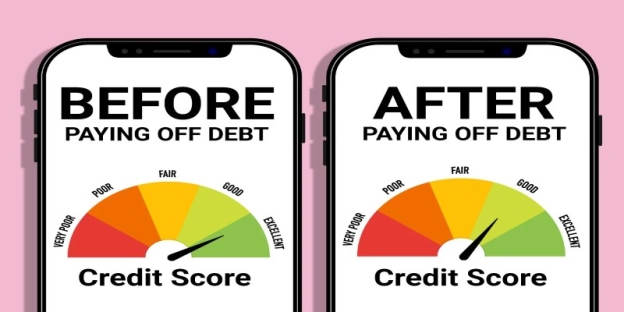
Why Does Paying Off Debt Affect Your Credit Score At All?
It’s a fair question. If you’re making responsible financial decisions, why should your credit score take a hit?
Credit scores are based on how you manage debt, not just whether you repay it. Your score reflects your credit relationship, including the amount you borrow, your payment frequency, and the length of time your accounts have been open. When you pay off debt early, it can simultaneously improve several of these factors. The result can be a temporary dip or change in your score, depending on what kind of debt it is and how your overall credit profile looks.
Which Credit Score Factors Are Affected Most?
Before exploring the effects of early payoff, it's helpful to understand what factors contribute to your credit score. The most common model, FICO, considers:
Payment History (35%)
Whether you’ve made payments on time.
Credit Utilization (30%)
How much credit are you using compared to your available limit?
Length of Credit History (15%)
How long have your credit accounts been active?
Credit Mix (10%)
The variety of credit types you have (e.g., credit cards, mortgages, car loans).
New Credit (10%)
How often do you apply for new credit accounts?
Paying off a debt early can impact multiple aspects of this formula, sometimes in unexpected ways.
Does Paying Off Instalment Loans Early Hurt Your Score?
Instalment loans encompass various types, including personal loans, auto loans, and student loans. These come with fixed monthly payments over a set period.

When you pay off an instalment loan early:
Your Payment History Still Counts
If you’ve made consistent on-time payments, that positive track record will stay on your credit report for years.
You Might Lose Some Credit Mix
If the loan was your only instalment debt, closing it can slightly reduce your credit mix, which may result in a few points being deducted from your score.
It Could Shorten Your Active Credit Profile
Once the account is closed, it may no longer significantly contribute to the "length of credit history" calculation.
Bottom line? For most people, the effect is mild and temporary. And the financial freedom that comes with being debt-free often outweighs a minor dip in credit score.
What About Credit Cards—Is Paying Off The Balance Early The Same?
Here’s where things get a little different.
With credit cards, you have what's called revolving credit. You're not working toward a fixed payoff date, and your credit utilization (how much credit you use versus what's available) plays a massive role in your score.
Paying off your credit card early—or even paying it off multiple times a month—can boost your score. Here’s why:
Lower Utilization
The less of your available credit you're using when your statement closes, the better it looks to lenders.
More Predictable Payments
Lenders may view you as a lower-risk borrower if you consistently keep your balances low or pay them off entirely.
Heads-Up
If you close a credit card after paying it off, that's a different story. Closing a card can reduce your overall available credit, increasing your utilization ratio. Keeping it open—even if unused—can be a more innovative approach.
Should You Prioritize Paying Off Debt Or Building Credit?
There doesn’t have to be a hard divide here. You can do both—with balance.
For example:
If you have a personal loan with a low interest rate and a long term, making extra payments could be beneficial, but keeping it on schedule while focusing on lowering your credit card balances.
If your score is already strong and your debt is manageable, early payoff can provide you with peace of mind without incurring significant credit downside.
If you're working to qualify for a mortgage or other big loan soon, ask a lender how early payoff could affect your approval odds. Keeping accounts open can help during this period.
What’s The Smartest Way To Pay Off Debt Early Without Hurting Your Score?
If you’ve decided early payoff is the right move, great! Here’s how to do it without triggering unnecessary drops in your credit score:
Don’t Close Accounts Immediately
If it's a credit card, keep it open even after paying it off in full. This helps your credit utilization ratio.
Stay Consistent With Other Payments
Early payoff shouldn’t come at the cost of missing other obligations.
Spread Out Large Payoffs
Break early repayment into chunks over a few months. This keeps your credit report more active and avoids abrupt shifts.
Check Your Credit Reports
After payoff, make sure lenders report the closed account accurately as “paid in full.” Mistakes can cost you points.
Avoid New Debt Right Away
Let your credit profile adjust before opening or applying for new credit accounts.
When Paying Off Debt Early Makes The Most Sense
Ultimately, the decision comes down to your goals. If you're aiming for financial freedom, reducing interest costs, or simplifying your monthly budget, early payoff is often worth it, even if it comes with a slight score fluctuation. Just be strategic, understand your complete credit picture, and remember: your credit score is just one part of your financial health.
Paying off debt early won't magically give you perfect credit, but done wisely, it can bring peace of mind and long-term stability. And that's something a credit score alone can't buy. Stay tuned for more.
